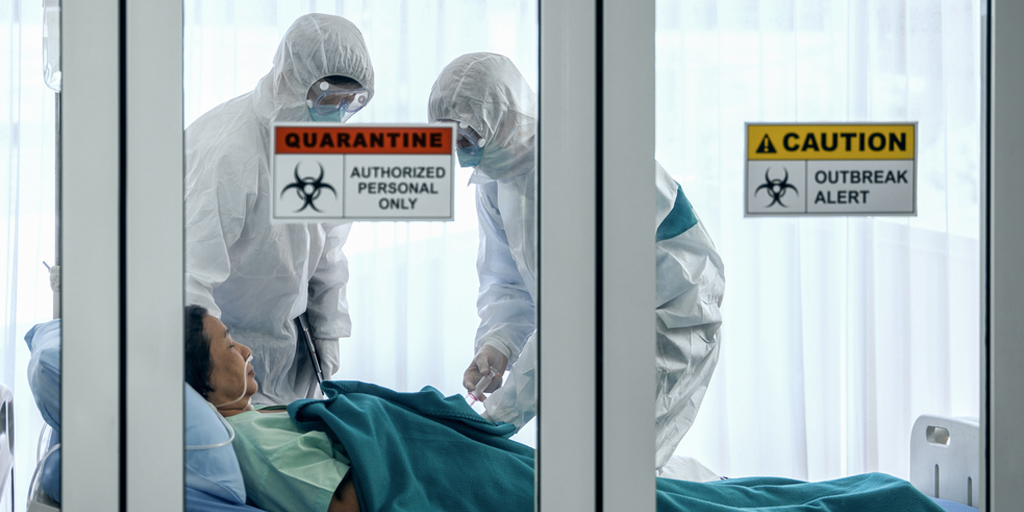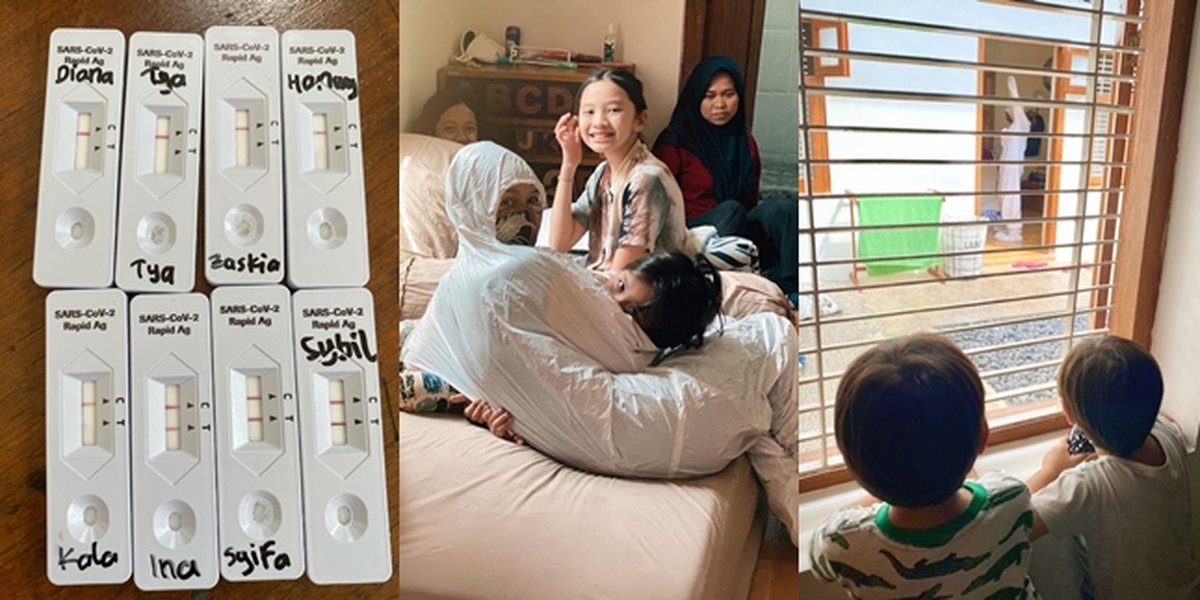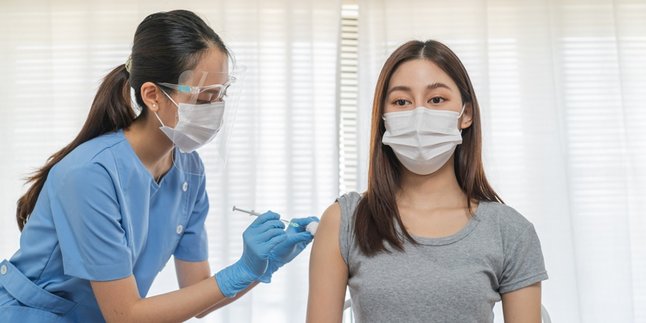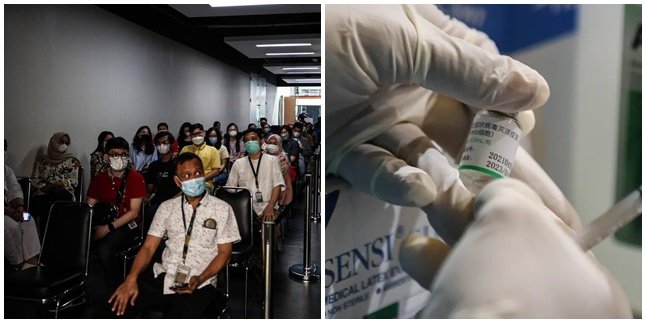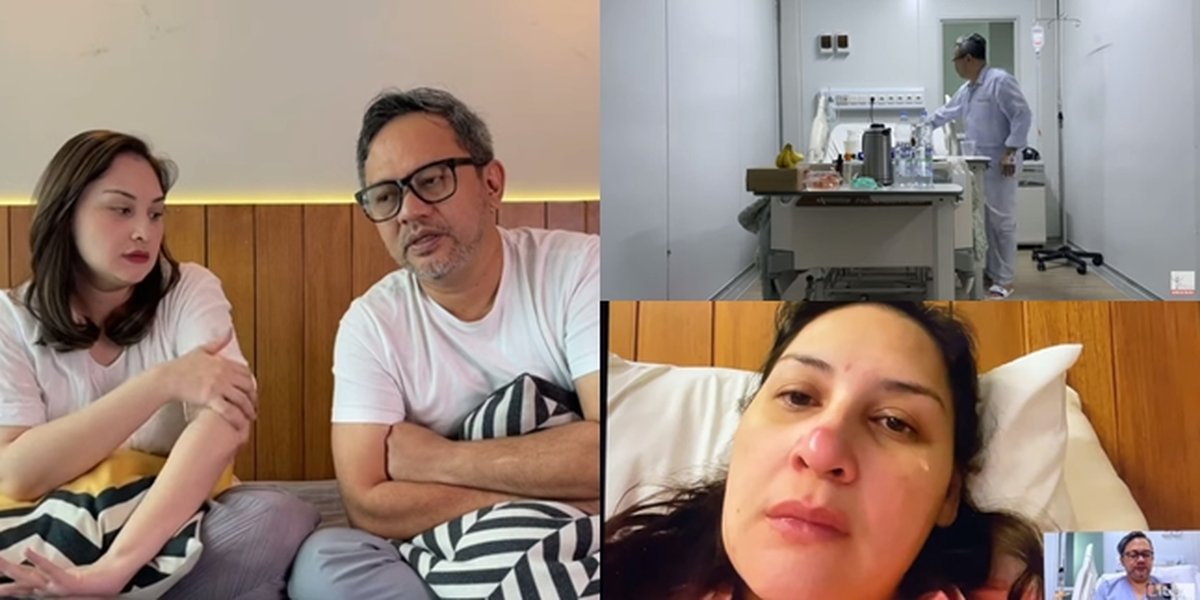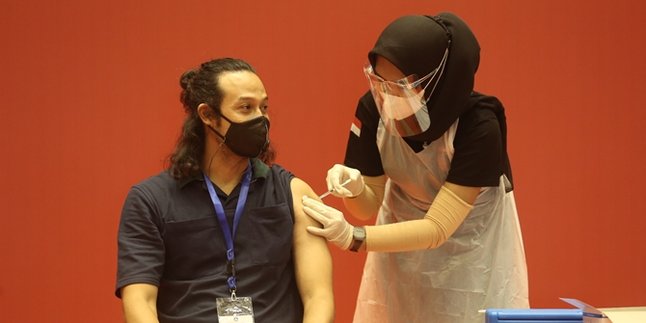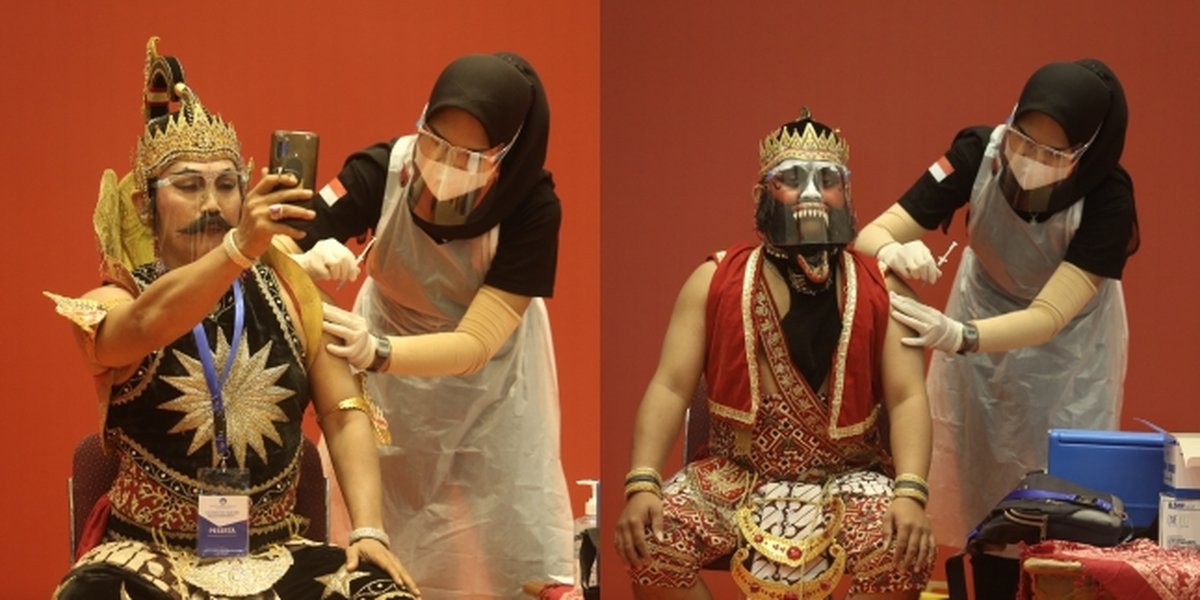Kapanlagi.com - The increase in Covid-19 cases began to be seen after the Eid holiday. Several regions have started reporting an increase in Covid-19 cases, marked by an increase in bed occupancy rate (BOR) in various hospitals in different areas. This number is expected to continue to rise in the following weeks. According to previous long holiday records, such as Christmas, New Year, Eid al-Fitr, and other long holidays, this increase will reach its peak 5-7 weeks after those holiday moments.
According to the Secretary General of the Indonesian Hospital Association (PERSI), Dr. Lia G. Partakusuma, SpPK(K), MM, MARS, previous experiences have shown that the higher the number of positive Covid-19 cases, the higher the percentage of Covid-19 patients being treated in hospitals.
“Learning from previous experiences, on average, 20% of the total positive COVID-19 patients need to be treated in hospitals, and 5% of them need to be treated in isolation rooms,” explained Dr. Lia.
Each hospital indeed has different bed capacities, depending on the type and location. Some provinces have a larger number of hospitals with bed capacity compared to other provinces. For example, in DKI Jakarta, there is an increase in Bed Occupancy Rate (BOR), but the number of beds in Jakarta is quite large. The increase has not reached 70%, so it doesn't seem to be overloaded yet. However, in some other areas, such as Kudus and Bangkalan, the hospitals there have a small capacity. When there is a surge in cases, the hospitals are no longer able to accommodate patients," explained Dr. Lia.
Dr. Lia added that all hospitals that are members of PERSI implement the recommendations of the Ministry of Health to increase bed capacity for Covid-19 patients. "If the BOR has reached more than 80% of the allocation for COVID-19, the capacity will be increased by 40%. And 25% of the beds should be dedicated to ICU for Covid-19 isolation rooms." Currently, the data is constantly changing. Every hospital must study this and act quickly and cooperate in the event of a surge in cases," said Dr. Lia.
PERSI member hospitals with limited bed capacity have also reported that their patients have started to overcrowd. There are long queues in the emergency department, including hospitals in Jakarta. "Because patients need to be screened first and undergo a Covid-19 test while waiting for the results, this is causing the patient queues to become long. This is actually not what we want. We want patients to enter quickly and also leave quickly, so that they don't crowd the hospital," said Dr. Lia. Lia.
If the hospital capacity is no longer sufficient, referral steps will be taken by the hospital. "But not all patients are willing to be referred. Some even refuse to be treated. This is actually not allowed, especially in the current epidemic situation," said Dr. Lia.
It is this kind of situation that makes the synergy between hospitals and the government highly needed. According to Dr. Lia, every hospital definitely has a limit in terms of beds, medications, personal protective equipment (PPE), and healthcare workers.
"PERSI has issued a circular urging our members to coordinate with each other in preparing beds, human resources, logistics, medications, and coordinating with the local government. Hopefully, the public can understand that the capacity of hospitals has its limits, so they don't neglect implementing health protocols," urged Dr. Lia. Lia.
Dr. Lia revealed that currently, communication between hospitals and the government in handling Covid-19 has been going quite well.
"Data has started to be integrated and announced periodically by the COVID-19 Task Force. The Ministry of Health also regularly conducts briefings to provide updates on the current situation. This allows us from PERSI to increase readiness and know how to act. The Indonesian National Armed Forces (TNI) and the Indonesian National Police (POLRI) have also been very helpful in the implementation in the field. Hopefully, this good synergy can continue to be maintained and improved together," she expressed.
Equally important, active participation from the public is also needed in efforts to handle the Covid-19 pandemic. Not all hospitals and regions have a sufficient number of beds for Covid-19 patients.
"The public is expected to continue to maintain health protocols and follow the government's recommendations for vaccination. Because the number of people testing positive for COVID-19 is increasing, the need for hospitalization will also increase. If the hospital capacity is full, it will cause panic. Hospitals will also find it more difficult to assist patients," concluded Dr. Lia
(*/wri)
Disclaimer: This translation from Bahasa Indonesia to English has been generated by Artificial Intelligence.
